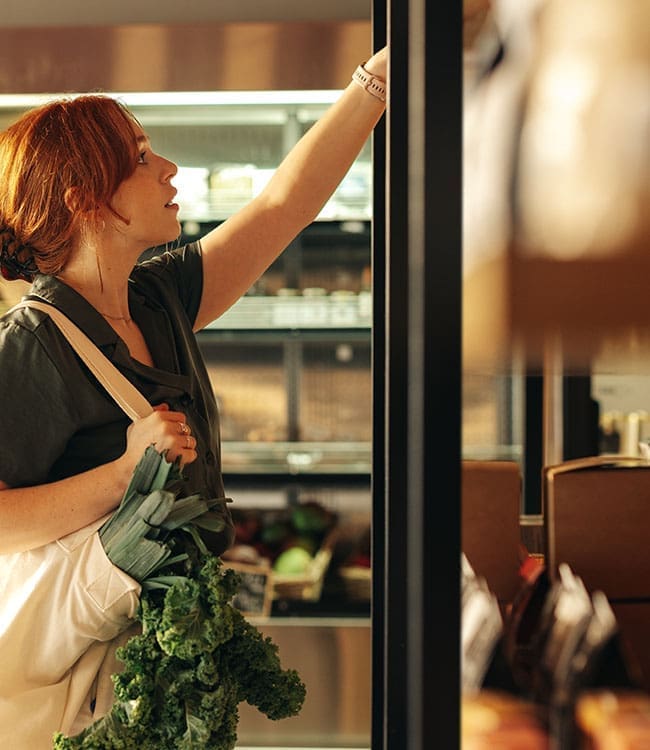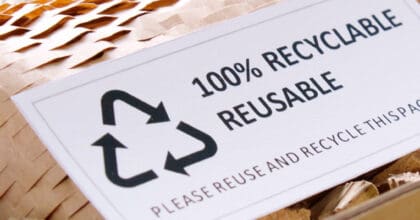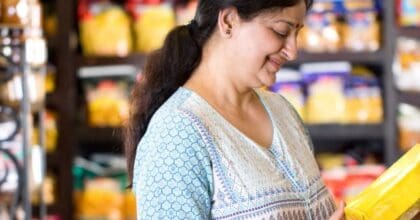Unilever Philippines recently piloted its ‘All Things Hair Refillery’ refilling stations in three popular shopping malls in Manila for its top haircare brands Sunsilk, Creamsilk, Dove and TRESemmé. These stations, which ran March-April 2019, allowed patrons to get a discount on their hair products by refilling existing bottles.
The first-of-its-kind refilling stations also served as collection points for used plastic containers and sachets for upcycling. The pilot was initiated as part of Unilever’s corporate commitment to reducing its environmental impact—also known as the Unilever Sustainable Living Plan.
View this post on Instagram
According to a spokesperson from the company, Unilever Philippines hopes to roll this initiative out in more areas in the Philippines, as well as extend it to their other brands. The initiative aligns with Mintel Trend ‘Rethink Plastic’ which highlights how brands and consumers are reviewing their own behaviours to prevent plastic pollution.
Given the growing importance of reducing plastic waste, Unilever is headed down the right path, particularly as the Philippines has long been identified as one of the top countries contributing to plastic pollution in the oceans. This is often attributed to the country’s strong ‘sachet economy’. The low wages of the general population means many consumers can only afford basic commodities like shampoo packaged in the lowest denomination, such as the ubiquitous plastic sachets.
Calls for the reduction of single-use plastic are slowly gaining traction in the Philippines, starting with the recent switch from plastic to paper bags in major supermarkets, as well as the growing discontinuation of plastic straws in leading fast food chains. Indeed, new research from Mintel finds that almost half of urban Filipinos would like to see brands make packaging reusable and offer refills on their products, all to make their consumption more environmentally friendly.
Themes of sustainability and reduction of environmental impact have become more and more common in global corporate messaging, and are increasingly being applied in the way they do business. With global consumer goods companies such as Unilever and Coca-Cola taking the lead in engineering ways to reduce the dependence and impact of single-use plastic, this should inspire local companies to follow suit. Companies are now being held accountable for what they stand for by a more educated and engaged consumer, and they are responding accordingly.








































